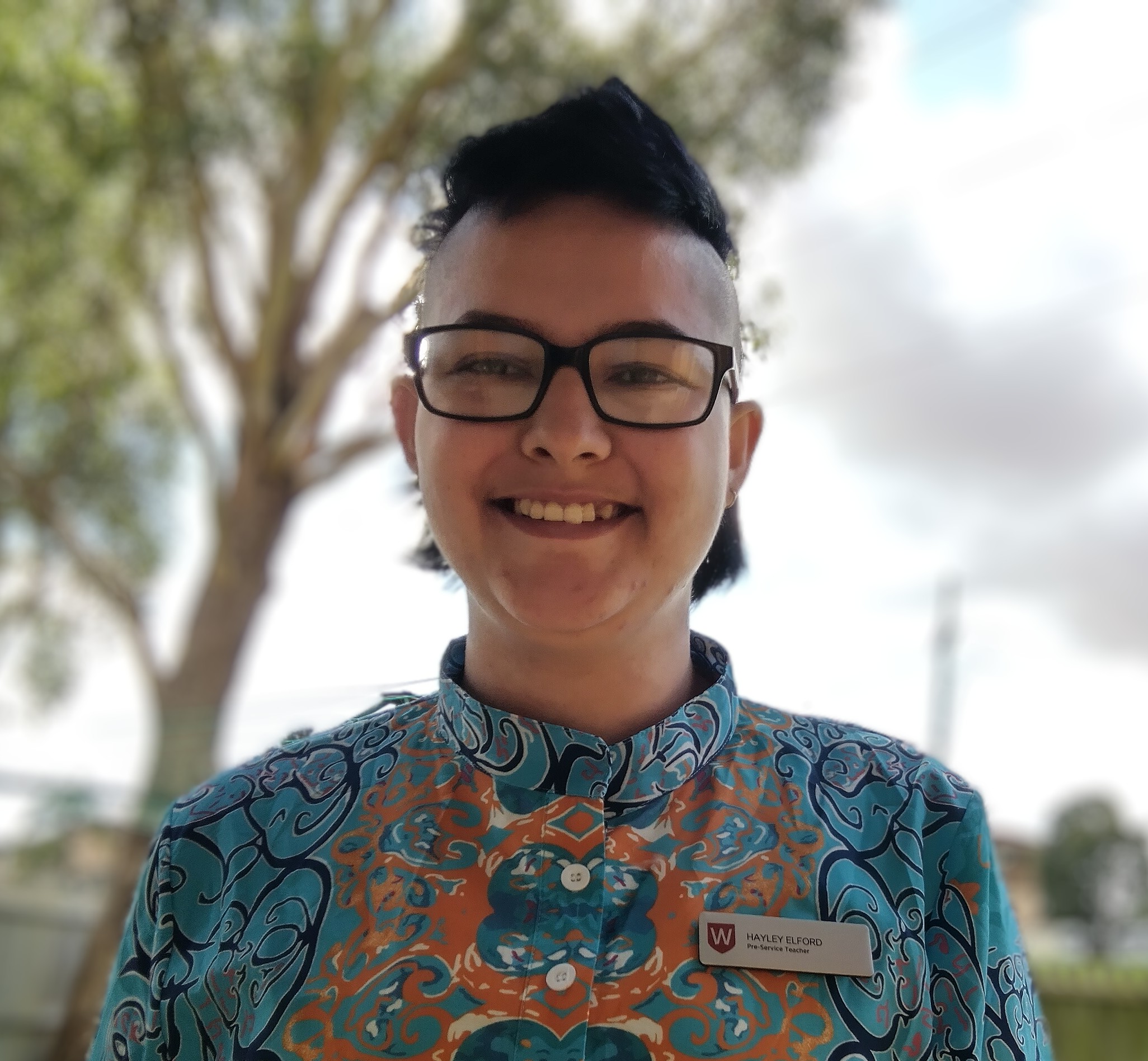My experience with being a Tourettic adult is a little different to many others in the community. My tics were not obvious in my childhood, I had a positive outlook on living with Tourette Syndrome from the very beginning of my tics, I was 18 at the time of my diagnosis and my first experience with the Tourette Syndrome Association of Australia was at a charity "Zombie Walk" in the Sydney area. So to say my journey with Tourette Syndrome is unique in many ways would be an understatement. I have a complex presentation of Tourette Syndrome. My tics affect every aspect of my body and life, and at times can lead to some rather dramatic misunderstandings and terrifying experiences. However, this hasn’t always been the case in my life. I grew up in a family where neurodiversity and disability were 'the norm'. 3 of my siblings have Autism and I grew up believing I was the "normal" child. I remember the years when my mum would get upset at me for rolling my eyes and I would go to my bedroom as an angsty 10-year-old believing she was crazy. Looking back in hindsight, it is clear to see the tics I had throughout my childhood. However, Tourette Syndrome wouldn't be a word I would learn about until my later teen years. My tics would make themselves known when I was 17 years old. Two weeks before my HSC exams I would wake up from a nap, punching myself in the head, kicking my foot, and squawking like a parrot. I remember my parents rushing me to the local hospital, worried that I had been drugged or that something was happening to me that was really wrong. It was in the local emergency department that my family first heard the term Tourette Syndrome, however, the journey to diagnosis would be a long one. For the next year, I would be juggled between doctors waiting for the confirmation that I had Tourette Syndrome. When I was finally diagnosed in 2017, I was in my first year of university and I remember feeling a sense of intense relief just from having an answer to why I made the noises and movements that I do. In 2018, while dressed as a zombie for an event that was raising money for brain research, I found the Tourette Syndrome Association of Australia. I initially had fears that because Tourette Syndrome is most commonly associated with children I wouldn't be accepted. This was NOT the case, I met some of the most amazing, kind and accepting people and I would go on to find my community of loud, sweet, and passionate people through camps, support groups and a Facebook group. Some of which would become my closest friends and mentors. | My life with Tourette Syndrome has not been easy, I have had to battle with my university to be accepted and allowed to study the field I am passionate about (Teaching). I have faced a lot of hate for my tics, have had people attempt to perform exorcisms of my 'demons' on trains, and have needed to learn how to advocate my voice to be heard or for the correct treatment in situations most would not have needed to. I've had tics in the past that I would have considered to be life threatening if it wasn't for the people around restraining me at times for my safety. I have tried a lot of methods of minimizing my tics with everything from covering my mouth with duct tape (this does not work, don't try it) to botox, to medications with the most effective thing to truly help me in my Tourette's journey being the family and community found the Tourette Syndrome Association of Australia. For those starting on their journey of learning about and understanding their Tourette Syndrome, please know; things may not get easier but over time you do learn how to deal with the challenges better. Responding to tics and finding the humour in unique situations gets easier and some of the best advice about living and dealing with your Tourette Syndrome may just come from the least expected people within the Tourette’s community... I can't tell you how many times a ticcer half my age has given me the best Tourettic 'life hacks'. On a final note: For the parents looking at their ticcy children, Tourette Syndrome is hard but you can only do the best with the information you have. Looking for more information is a great start, you’re doing great. For the teens and adults starting their Tourette Syndrome journey please know you are valid and deserving of the same respect and opportunities as your non-ticcy peers. Do let anyone tell you overwise. |

.svg)


